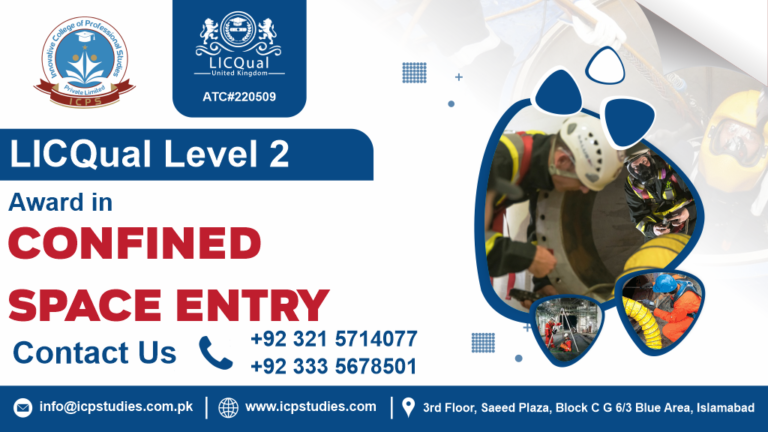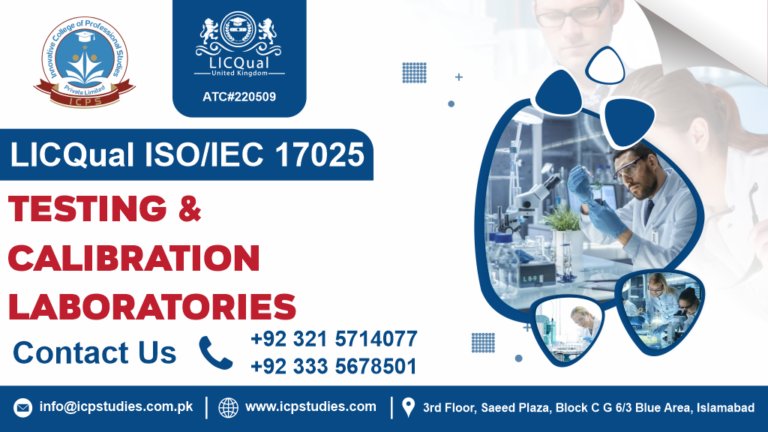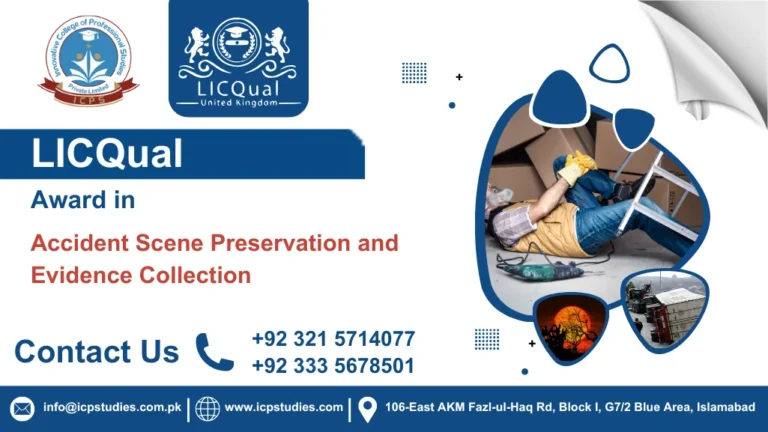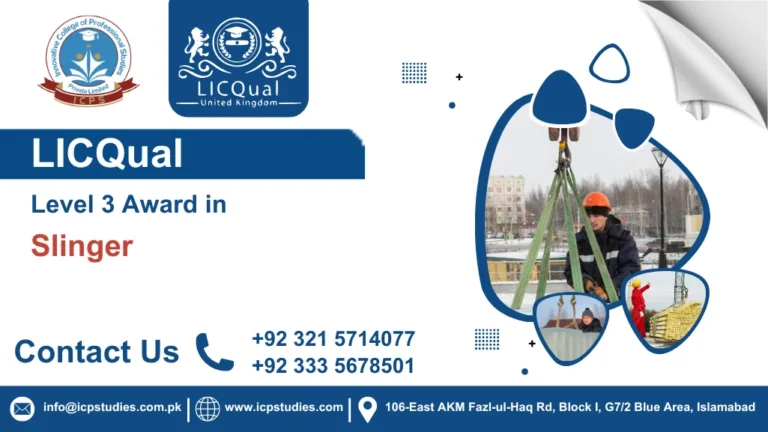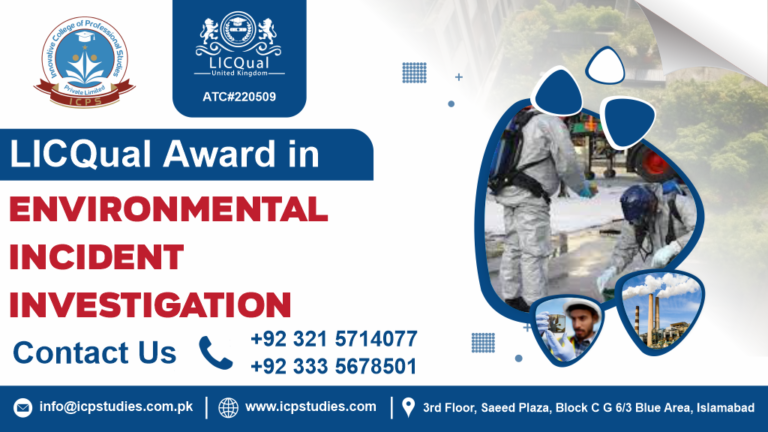In the highly regulated world of medical devices, maintaining the highest standards of quality is not just a requirement—it’s a necessity. This is where the ISO 13485:2016 Medical Devices Quality Management Systems Lead Implementer course comes into play. This specialized training is designed to equip professionals with the expertise to develop, implement, and manage a Quality Management System (QMS) for medical devices that aligns with the ISO 13485:2016 standard.
ISO 13485:2016 is an international standard that specifies requirements for a comprehensive Quality Management System (QMS) tailored to the medical device industry. It outlines the processes necessary for designing, developing, manufacturing, and servicing medical devices while ensuring their safety and effectiveness. The 2016 revision of ISO 13485 brought several updates to improve alignment with regulatory requirements and address the evolving landscape of medical device quality management.
The ISO 13485:2016 Medical Devices Quality Management Systems Lead Implementer course is a vital resource for professionals seeking to excel in the field of medical device quality management. By providing in-depth knowledge of ISO 13485:2016 standards and practical skills for QMS implementation, the course helps organizations achieve regulatory compliance, enhance product quality, and maintain a competitive edge in the market. Investing in this course not only benefits individual professionals but also contributes to the overall safety and effectiveness of medical devices, ultimately supporting better patient outcomes.
All About ISO 13485 2016 Medical Devices Quality Management Systems Lead Implementer
Course Overview
The ISO 13485:2016 Medical Devices Quality Management Systems Lead Implementer course is a specialized training program designed for professionals who are tasked with establishing, implementing, and managing Quality Management Systems (QMS) for medical devices in compliance with the ISO 13485:2016 standard. This course provides the comprehensive knowledge and practical skills required to ensure that a medical device organization meets international quality standards and regulatory requirements.
The ISO 13485:2016 Medical Devices Quality Management Systems Lead Implementer course is a crucial step for professionals seeking to excel in managing quality systems within the medical device industry. By providing in-depth knowledge and practical skills, this course empowers participants to implement robust quality management systems that ensure regulatory compliance, enhance product quality, and drive continuous improvement. Investing in this course not only benefits individual careers but also contributes to the overall safety and efficacy of medical devices, ultimately supporting better patient outcomes.
Study Units
- Introduction to ISO 13485:
- Management Requirements
- Risk Management:
- Design and Development
- Production and Service Provision
- Monitoring and Measurement
- Post-Market Surveillance
- Internal Auditing
- Management Review
To enroll in the LICQual ISO 13485:2016 Medical Devices Quality Management Systems Lead Implementer Course, candidates should meet the following entry requirements:
- Educational Background:
- A minimum of a Level 4 qualification or equivalent in a relevant field (e.g., healthcare, biomedical engineering, quality management, or related disciplines).
- Professional Experience:
- At least two years of experience in the medical device industry, quality management, or related fields. This experience should include involvement in quality management systems.
- Understanding of ISO Standards:
- Familiarity with ISO 13485:2016 and related quality management standards is highly recommended. A foundational understanding can be demonstrated through prior training or professional experience.
- Basic Knowledge of Quality Management Principles:
- An understanding of quality management concepts, practices, and regulatory requirements relevant to medical devices is advantageous.
- Language Proficiency:
- Proficiency in English (or the language of instruction) to ensure comprehension of course materials and active participation in discussions.
- Commitment to Learning:
- A willingness to engage actively in the learning process, including participation in group activities and practical exercises.
Meeting these requirements will help ensure that participants gain the most from the course and are well-prepared to undertake the responsibilities of a lead implementer in medical devices quality management systems. If you have any questions about your eligibility or need assistance, please contact our course coordinator for guidance.
4o mini
The LICQual ISO 13485:2016 Medical Devices Quality Management Systems Lead Implementer Course is designed for a range of professionals involved in the medical device industry and quality management. This course is ideal for:
- Quality Managers: Individuals responsible for overseeing and implementing quality management systems in medical device organizations.
- Regulatory Affairs Professionals: Those who ensure compliance with industry regulations and standards related to medical devices.
- Medical Device Engineers: Professionals involved in the design and development of medical devices who want to understand quality management principles.
- Compliance Officers: Individuals tasked with ensuring that organizational practices meet relevant quality standards and regulatory requirements.
- Production Managers: Those overseeing manufacturing processes in medical device production who need to ensure compliance with ISO 13485.
- Internal Auditors: Professionals looking to enhance their skills in auditing quality management systems within medical device organizations.
- Consultants: Individuals providing advisory services on quality management systems and regulatory compliance in the medical device sector.
- Anyone Interested in Quality Management in Healthcare: Individuals looking to expand their knowledge of ISO 13485 and improve their career prospects in the medical device industry.
This course equips participants with the necessary skills to effectively implement and manage a quality management system for medical devices, ensuring product safety and compliance with ISO 13485:2016 standards.
Learning Outcome
. Introduction to ISO 13485:2016
- Understand the Standard: Develop a comprehensive understanding of the ISO 13485:2016 standard, including its scope, objectives, and key requirements.
- Framework and Benefits: Learn about the structure of the standard and the benefits of implementing an ISO 13485:2016-compliant QMS for medical devices.
- Implementation Overview: Gain insights into how the standard aligns with regulatory requirements and industry best practices.
2. Management Requirements
- Leadership and Commitment: Understand the roles and responsibilities of top management in establishing and maintaining an effective QMS.
- Resource Management: Learn to identify and allocate necessary resources, including personnel, infrastructure, and work environment.
- Quality Policy and Objectives: Develop skills to formulate, communicate, and review quality policies and objectives aligned with organizational goals.
- Customer Focus: Understand the importance of focusing on customer requirements and ensuring customer satisfaction.
3. Risk Management
- Risk Assessment Process: Learn to identify and assess risks associated with medical devices throughout their lifecycle.
- Risk Control Measures: Develop strategies for implementing risk control measures to mitigate identified risks.
- Risk Management Integration: Understand how to integrate risk management into the QMS processes and product lifecycle.
4. Design and Development
- Design Controls: Gain knowledge of design and development planning, including how to establish and maintain design controls.
- Design Verification and Validation: Learn methods for verifying and validating design outputs to ensure they meet requirements.
- Design Changes: Understand how to manage and document design changes effectively to maintain product quality and regulatory compliance.
5. Production and Service Provision
- Production Controls: Learn to establish and implement controls for production processes to ensure consistent product quality.
- Service Provision: Understand requirements for service provision, including installation, maintenance, and repair of medical devices.
- Process Validation: Develop skills in validating processes to ensure they consistently produce products that meet specified requirements.
6. Monitoring and Measurement
- Performance Measurement: Learn techniques for measuring and monitoring the performance of the QMS and product quality.
- Data Analysis: Understand how to collect and analyze data to assess the effectiveness of the QMS and identify areas for improvement.
- Measurement Tools: Gain familiarity with tools and methods for monitoring and measuring key performance indicators.
7. Post-Market Surveillance
- Surveillance Activities: Learn about the requirements for post-market surveillance to monitor the performance of medical devices after they have been released to the market.
- Data Collection and Analysis: Understand how to collect and analyze post-market data to identify potential issues and trends.
- Corrective Actions: Develop skills in implementing corrective actions based on post-market surveillance findings to ensure ongoing product safety and effectiveness.
8. Internal Auditing
- Audit Planning: Learn to plan and conduct internal audits of the QMS to ensure compliance with ISO 13485:2016 requirements.
- Audit Techniques: Understand various audit techniques and methods for evaluating the effectiveness of the QMS.
- Non-Conformity Management: Develop skills for identifying non-conformities, documenting findings, and recommending corrective actions.
9. Management Review
- Review Process: Learn how to conduct effective management reviews of the QMS to assess its performance and alignment with organizational objectives.
- Review Inputs and Outputs: Understand the key inputs and outputs of the management review process, including performance data and action plans.
- Continuous Improvement: Develop strategies for using management review outcomes to drive continuous improvement in the QMS and overall organizational performance.
FAQs about ISO 13485 2016 Medical Devices Quality Management Systems Lead Implementer


